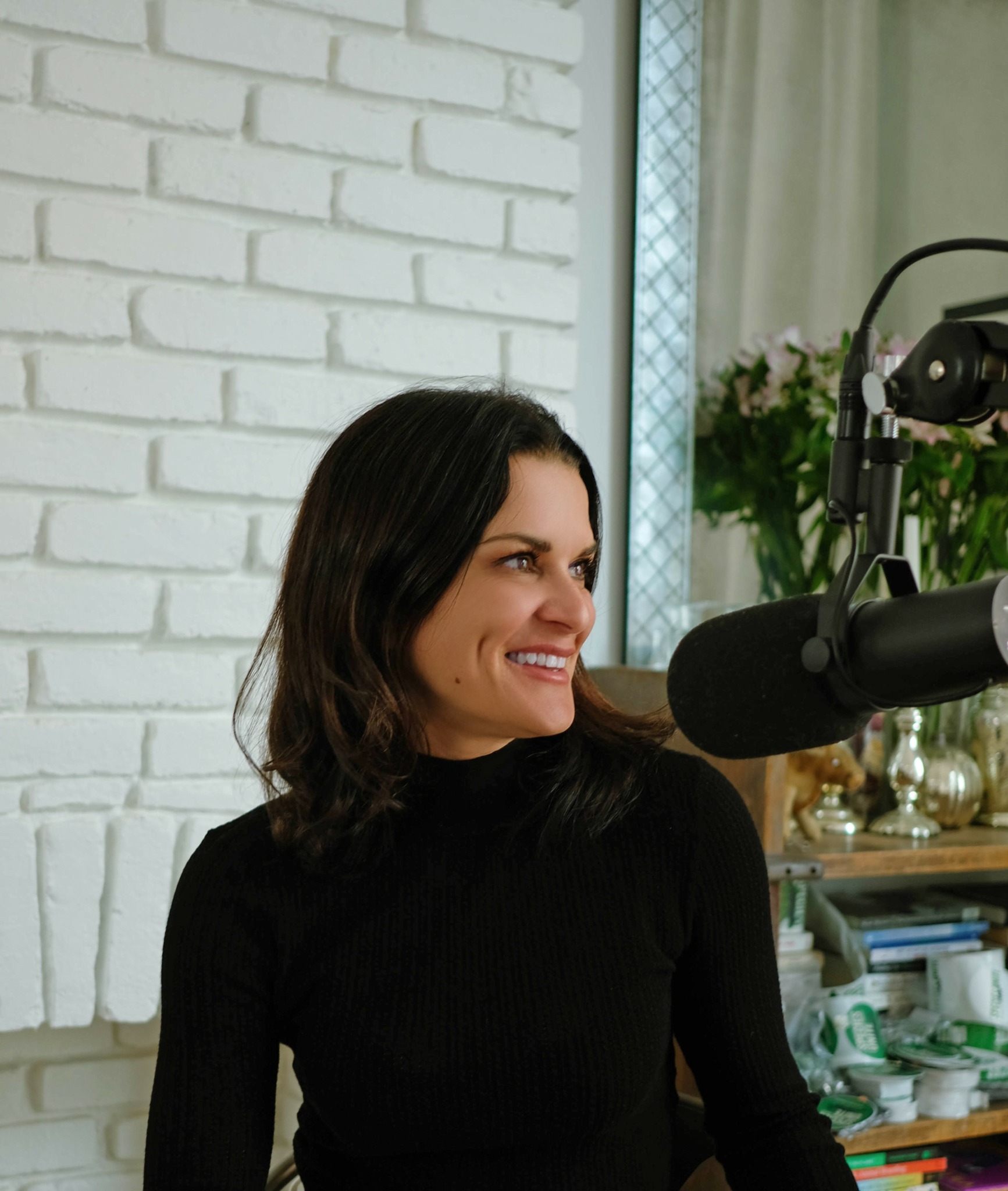We were lucky to catch up with Elizabeth Novogratz recently and have shared our conversation below.
Elizabeth, looking forward to hearing all of your stories today. What’s been the most meaningful project you’ve worked on?
In 2018, I started the Species Unite podcast with a simple intention: to amplify the voices of people around the world working to create a better world for animals—farmed, wild, domestic, and those suffering in captivity. What I didn’t fully grasp at the time was just how much pain and exploitation animals endure in every corner of the planet. There is almost no place left untouched by human harm. We have not been good stewards of the Earth, nor have we been kind to the species we share it with.
Through the podcast, I traveled extensively and met extraordinary people—quiet heroes—doing the kind of work that most people never see. Much of it is grueling, heartbreaking, and invisible. But in witnessing their courage and resilience, something in me began to shift. What started as anguish over the vastness of animal suffering slowly transformed into something more powerful: action, hope, and a deep belief in what’s possible.
Now, after seven years and hundreds of conversations, the greatest gift of this work has been the people I’ve met—individuals who are not just imagining a more compassionate world but building it, one act at a time. And their impact is real. They’re creating real change and reminding us all that we can—and must—do better.
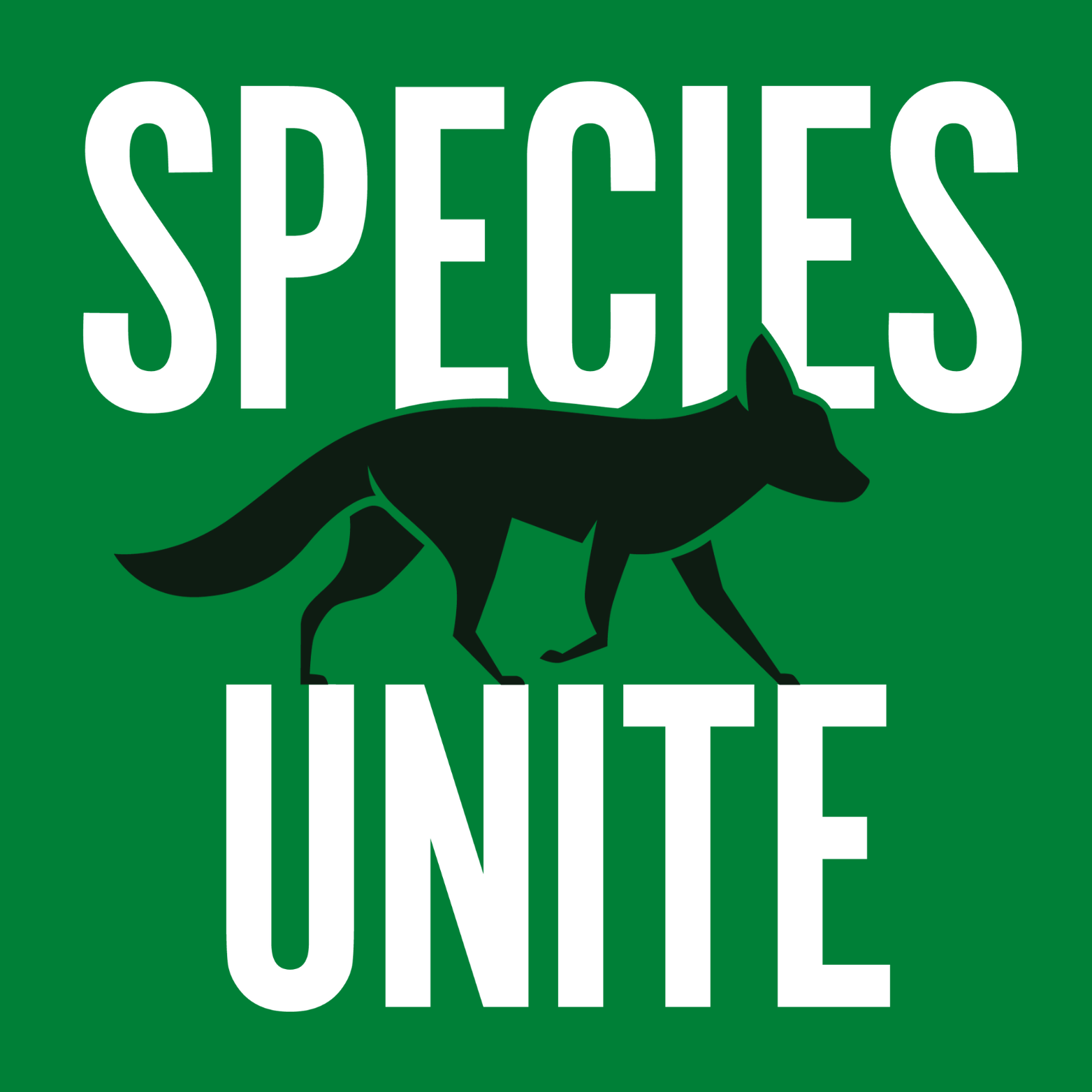
Elizabeth, before we move on to more of these sorts of questions, can you take some time to bring our readers up to speed on you and what you do?
I am the founder and president of Species Unite, a media platform that stands for a world of co-existence for all species. It is this ethos that will enable us to repair the planet and build a world based on dignity for humans and non-humans alike. We are a platform for change—a movement dedicated to ending animal exploitation and building a kinder, more sustainable world. From factory farming and animal experimentation to the exploitation of animals in fashion and entertainment, billions of sentient beings endure immense suffering each year. Species Unite is dedicated to uncovering and addressing the harmful consequences of these industries—particularly the widespread and often hidden cruelties of factory farming and the devastating impact it has on animals, the environment, and human health.
I started Species Unite to shine a light on these realities. We amplify the voices of change-makers, uncover truths the public rarely sees, and offer people the tools to take action. Through powerful storytelling, education, and advocacy, we are shifting culture and consciousness—building a movement to challenge these harmful systems and foster a more just and compassionate world.
And we’re reaching people. Our audience extends far beyond the vegan echo chamber. In fact, the vast majority of our followers are not vegan or vegetarian—and yet most have reduced their meat consumption since following Species Unite.
Our work includes a weekly podcast featuring a diverse set of experts on animal protection, alternative proteins, next-gen materials, wildlife conservation and climate with a focus on solutions; weekly news involving farmed, wild and domestic animals, their plights and ways to improve their lives; four annual campaigns to help thousands of people to actively explore shifts away from using animal products and to lead healthier lives, including plant-based challenges, shopping alternatives and simple lifestyle changes; an education program for schools across the US to use animals to teach empathy and wildlife conservation; a Policy Action Team campaigning for better laws for animals and we’ve just completed filming our first documentary, Project Liberty: 30,000 Monkeys in Our Backyard. It tells the story of a small town in Georgia that finds itself at the center of a monumental fight against a powerful corporation planning to build a massive monkey breeding facility—one that would confine up to 30,000 long-tailed macaques for use in laboratory testing. If the facility is built, the consequences will be devastating: home values will collapse, the town’s water and soil could face serious contamination, and thousands of sentient animals will be condemned to lives of suffering.
I think the thing that I am most proud of is that our audience has shifted away from using animal products since engaging with our work. Our aim from the beginning was to reach a mainstream audience and not just an animal rights echo chamber and it’s working. 68% of our audience are not vegan/vegetarian and of that 68%, 70% have reduced their meat and dairy consumption since engaging with our work. In part, because much of our audience are people who care deeply about wildlife and the natural world. Many of these individuals are passionate about protecting wild animals and ecosystems yet continue to consume meat without being fully aware of the realities behind it. By meeting our audience where they are, we’re able to open a door: we show how the values they hold—compassion, protection, and respect for animals—are in direct conflict with the practices of factory farming. Through thoughtful storytelling and accessible education, we invite them to reconsider their choices and expand their circle of care to include all animals.
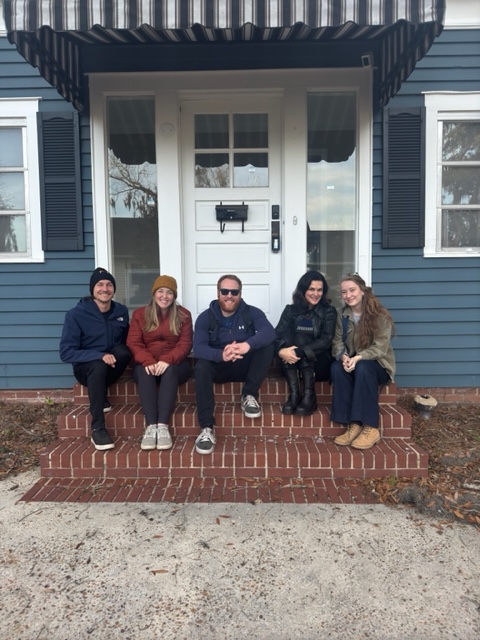
Is there a particular goal or mission driving your creative journey?
The mission behind my creative work—and behind Species Unite—is to end animal exploitation and to reimagine a world where all species can coexist with dignity. Everything we create is in service of that vision.
What fuels this journey is the belief that storytelling can be a catalyst for change. Through our podcast, campaigns, and now our first documentary, we shine a light on people and organizations fighting for animals across the globe. These are not just stories—they’re sparks that ignite action, compassion, and a shift in perspective.
We also focus on solutions. We know the problems are vast, but we also know there’s a better way forward. That’s why we work to make compassionate, plant-based living more accessible and why we advocate for policies and systems that reflect respect for all life.
This mission isn’t just the foundation of my work—it’s the reason for everything that I do.
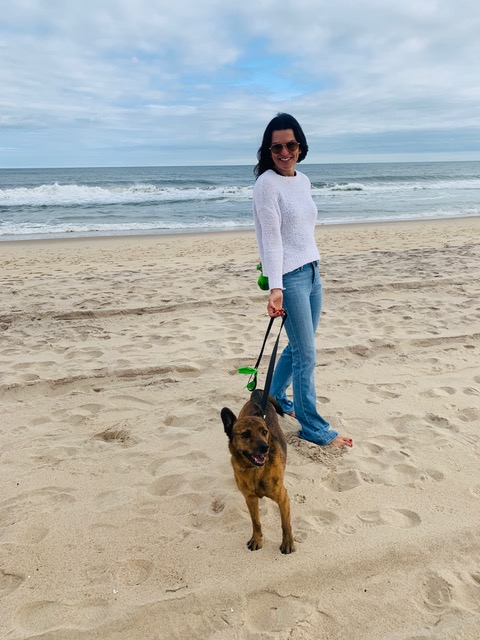
We often hear about learning lessons – but just as important is unlearning lessons. Have you ever had to unlearn a lesson?
One of the biggest lessons I had to unlearn was the idea that simply exposing animal suffering would be enough to drive change. In the beginning, I focused heavily on the darkness—the cruelty, the injustice, the staggering scale of suffering. And while it’s crucial to tell the truth, I quickly realized that constant devastation can overwhelm people and make them shut down.
What most people need isn’t just a wake-up call—they need a way forward. They need hope. They need to believe that change is possible, and that they can be part of it.
Over time, I learned to shift the focus toward solutions, progress, and the incredible individuals who are creating real impact. Now, we still tell hard truths, but we balance them with stories of resilience, innovation, and compassion. That shift didn’t just change the way others responded—it transformed me, too. It reminded me why we fight in the first place: not just to end suffering, but to build something better.
Contact Info:
- Website: https://speciesunite.com
- Instagram: https://www.instagram.com/speciesunite/
- Facebook: https://www.facebook.com/speciesunite
- Linkedin: https://www.linkedin.com/company/species-unite/
- Twitter: https://x.com/SpeciesUnite
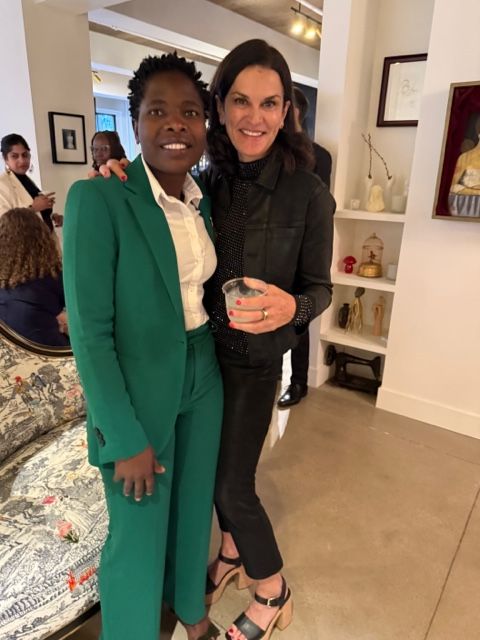
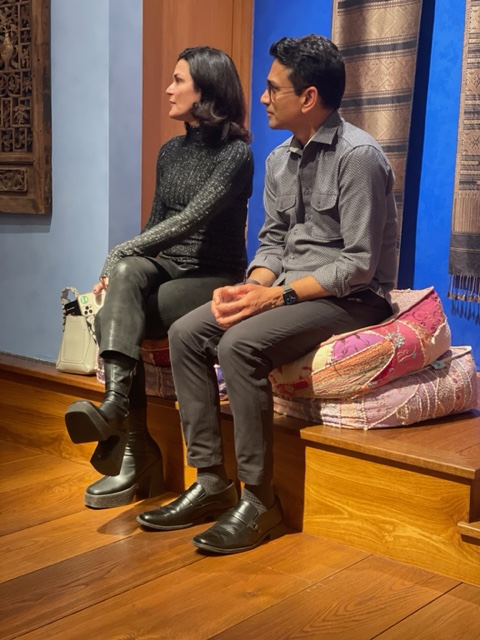
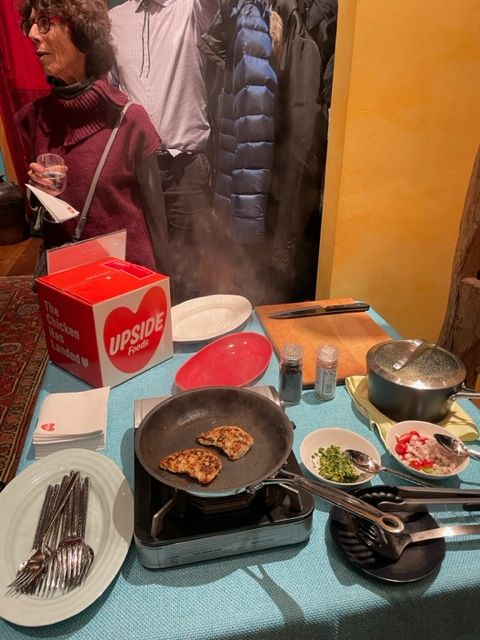
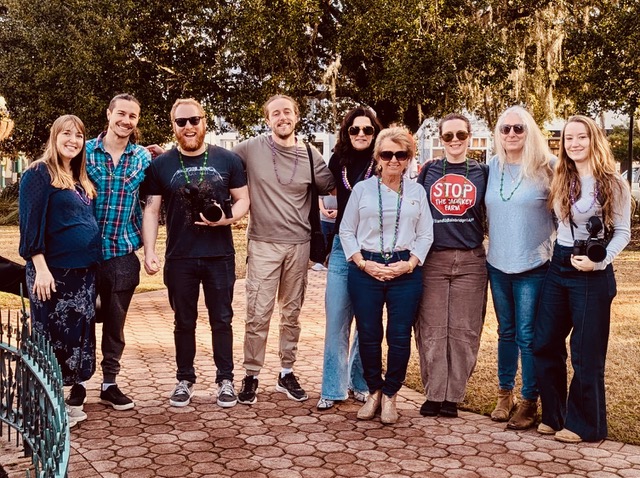
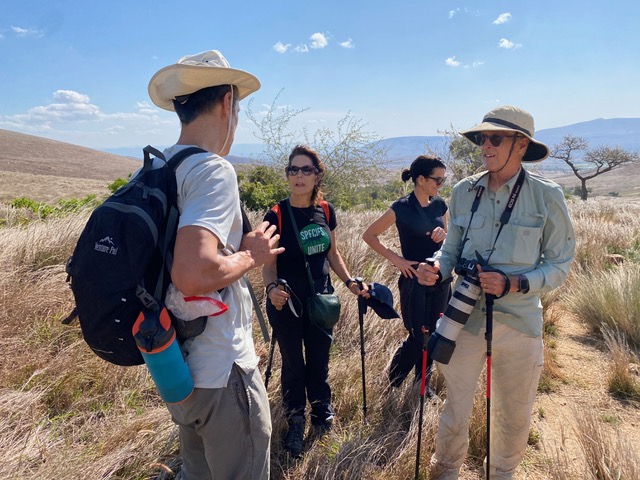
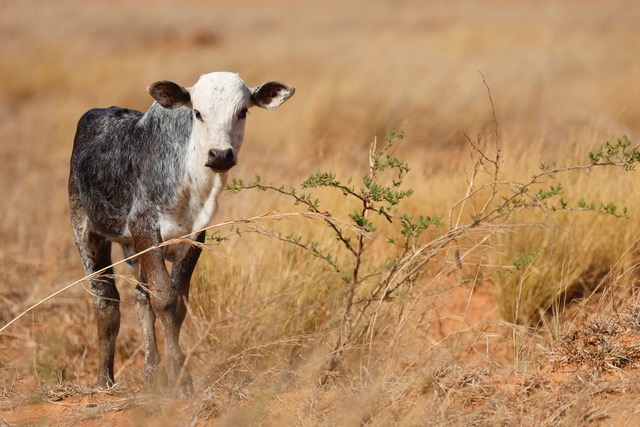
Image Credits
Clemence Poles – headshot with microphone


